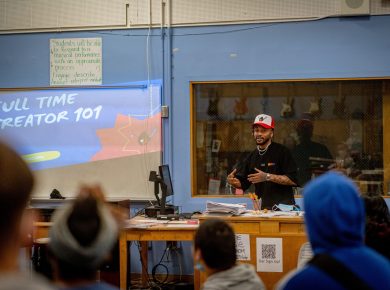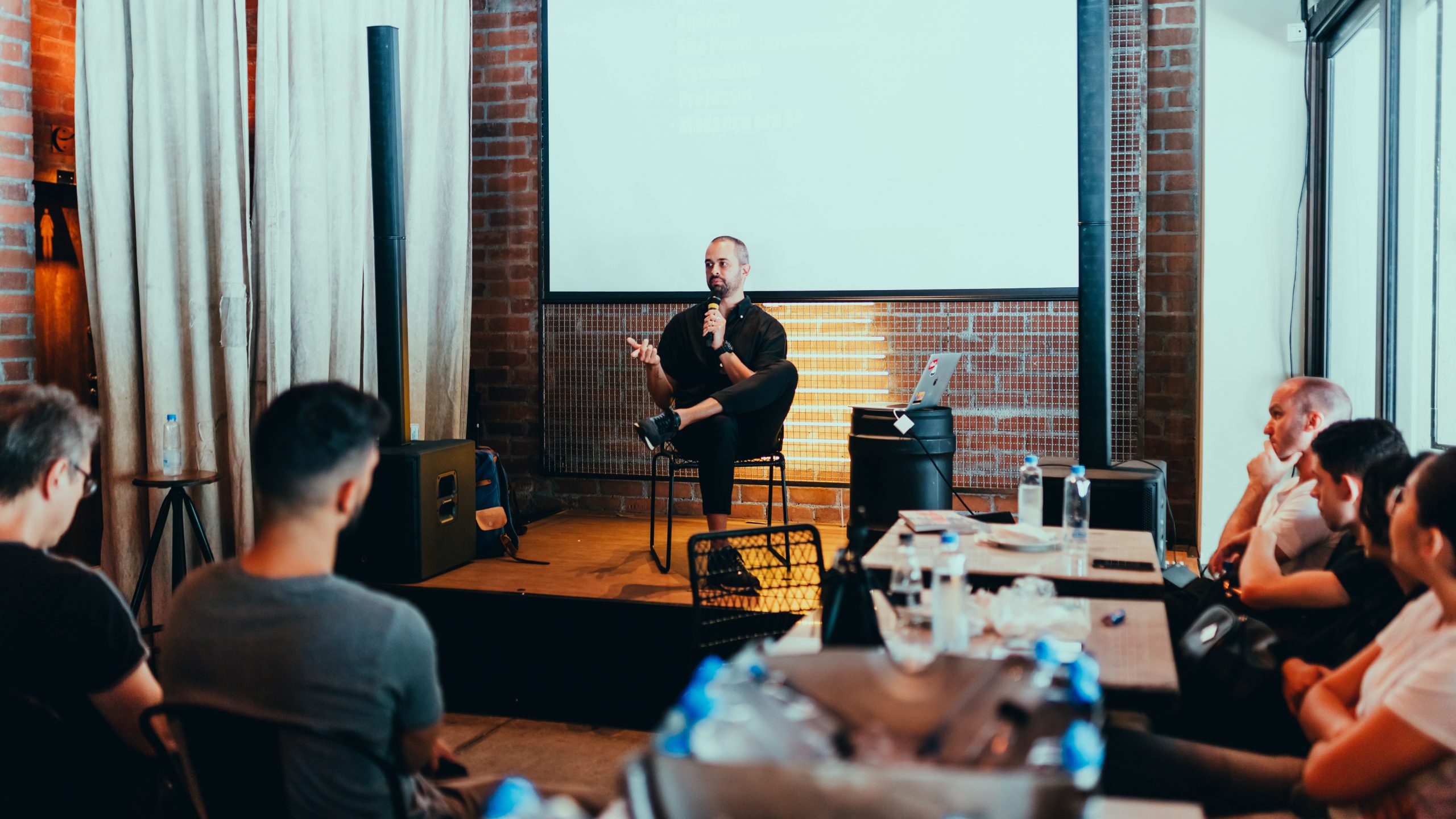Data in research, information, and knowledge are closely related words, which, by everyday usage or application, are mutually inclusive. The symbiotic bond between and among the concepts perhaps explains the frequent usage of the concepts interchangeably in everyday discussion and conversation.
Introduction
More often than not in everyday interaction, the notion of information comes more frequently to the fore of one’s consciousness than data and knowledge, which are usually consigned to subconsciousness. The concept of information is thus used for presentation in its inclusive sense.
In the life of an individual as much as that of an organisation, formation is a strategic resource that is central to decision-making. You can read related posts on our research page of the site.
A decision-making process
A process, decision-making thrives on information, and this perhaps explains the constant need for information, which usually leads to an information search. In essence, the individual is constantly in search of information to be able to fill in gaps in his or her knowledge, resolution of burning challenges, and meet everyday needs.
As an activity, information search involves several activities such as consultations with colleagues, organisations, the library and Internet searches. These activities, in most cases, lead to the generation of knowledge, and the processes involved in these ties explain the notion of input-output in information processing (G,2004). By extension, therefore, electronic information
Research for grants
Research for grants can be described as a process that is aimed at meeting particular information needs, leading to some final decisions. As an activity, it involves consultation and a good understanding of the dynamics of the Internet, about web surfing or navigation. It is the objective of this piece is to discuss the nature and characterisations of electronic grant information sources and how these sources can be accessed using the ever-converging power of technologies.
By nature, data are raw materials, which, when structured, yield information. In other words, information is the outcome of conscious observations, thoughts, and actions. Searching for grant information is an action or activity which requires evaluation and iteration.
The case of information
Information, per se, remains in its latent state until it is internalised to yield knowledge on prevailing conditions, issues, or subjects and more importantly, on current grant policy statements of awarding institutions and organisations.
The ability of an individual to access information is a function of such an individual’s level of awareness concerning the existence and location of the information and the resources with which to access the information.
In the case of information in electronic format or cyberspace, an individual’s ability to access information is dependent on factors such as awareness of the existence and location of the information of availability and access to the appropriate technologies, as well as the skill to use the technologies to advantage.
In an era of Information and Communication Technology (ICT), however, knowledge of the existence and location of a piece of information is no longer considered a factor for retrieving information from the web as much as it is for the capacity to formulate concepts or queries that strike between recall and relevance during information search. This course assumes that the individual has access to the appropriate technologies and connectivity.
Electronic Grant Information Sourcing
Sourcing for grant information is a decision-making process that is aimed at securing funding support for research proposals. In general, information can be sourced in many ways, such as through personal contacts, combing through library collections, and the Internet, the mega library of the world.
Surfing the Internet for grant information is relatively much easier if the grant seeker has in mind some particular grant providers whose website addresses are known. In a situation where a researcher is conducting a blind search or has no particular grant providers in mind, the situation can be more taxing as the researcher’s knowledge of internet navigational tools, skills, and ingenuity are brought into play in surfing the World Wide Web(WWW).
Information and Communication Technology (ICT)
Until very recently, phones, fax machines, and electronic mail were used by a select calibre of people, who were considered elites in society. Today, these tools are easily affordable to even the lowly in society. The main driving force has been that information has become a commodity – a resource to be utilised efficiently for a competitive edge.
Uses of computers
Amid all these developments, the computer has had a central hole. It is becoming clearer to everyone that those who can leverage the powers derivable from computers will be more successful in achieving their set goals and fulfilling their mission of staying focused on the vision. For a long time to come, ICTs will impact in a significant way how we live, standards of saving, how much leisure time is available, social interactions, and economic relationships among nations.
ICT is understood as a complex of artefacts, techniques, and knowledge for solving human problems involving information and its communication. One key feature is the employment of electronic means better than mechanical means for storing, processing, and transmitting information.
Several synonyms are used to communicate interchangeably with the term:
Information Computer Technology. Some would argue that technology fully encapsulates ICT; that is, the word communication in ICT is somewhat argued that information is not superfluous. Other communication is worthless in impacting development.
What is clear is the need to identify the driving force of computers and computer software and the need to make more efficient decisions that impact development in a significant way. In action, it requires conversion, storing, processing, and transmitting information for needed decisions to be made.
Computers
Computers are getting to control almost all aspects of our lives and work they are making old methods of work rapidly obsolete. Decisions have to be made from time to time, and computers lend themselves to good use in aiding decision-making because of their speed and accuracy. Computers have also affected the way and manner information is passed to the user or consumer. They have indeed also helped in effective communication.
A primary problem stemming from the increasing use of computers is the increasing level of unemployment, which may also place a higher burden on the employed. This is only a challenge, as productivity increases would adequately take care of these problems. Computers continue to be employed mainly due to the advantages relating to:
- reduction of computational errors;
- more effective control procedures;
- a greater degree of systems integration;
- simplification of problem solutions by use of software; and
- a ready supply of information to impact decision-making.
- The Internet
Technologies
Today, computing and telecommunication technologies have converged to unleash a lot of computing power and communication possibilities that must be harnessed to improve productivity and profitability.
The power of converging technology is what has made the world a global village. Time has essentially been compressed, and work has been reduced. This has, in turn, brought on social pressures, which are silently changing the way work is done, the amount of leisure time available, working schedules, etc. No one knows precisely where the technology will head in the next ten yyearsbut we know for sure that the influence will be profound.
The Internet
The Internet, which is a global network of computers, has brought information right to the doorstep of both the rich anthe d poor.
Conducting Research on the Internet
While the Internet represents a powerful tool for conducting research, several drawbacks need to be noted to make the best use of research efforts.
Need to verify the information.
In reality, no one is in charge of the Internet. Control is minimal. It is the perceived freedom that draws a lot of people to the Internet in the first place. Since the materials are not filtered, many have dubious values. Many materials have no academic value.
The multiplicity of search results
Search engines, which are the prime movers of locating materials on the web, usually come up with multiple results that have to be waded through. It can be a bother to locate exactly what was sought during the myriad of results presented, which sometimes could be in the millions, and many referred to the same materials.
Speed of search
Given that a multiplicity of results are usually obtained. It usually takes time to arrive at the right point. The time to obtain the requisite results is a function of the computer specifications (memory and speed), size of the file, internet traffic, type of internet connection, and dexterity of the user.
Research Grant Agencies
It is perhaps obvious that most awarding bodies have websites of their own. The websites usually contain the body file or briefs, mission statements, policies, and objectives. In addition, the websites usually contain instructions on requirements for a successful grant application, including the specifications of current research interests.
In certain instances, a grant seeker may be required to answer some preliminary questions to assess the suitability of otherwise of their proposals. An applicant who can pass this preliminary stage may then be allowed to formally submit his or her proposal either online or through the post.
A Potential Grant Applicant
In all these processes, a potential grant applicant needs to seek information beyond what is provided on the websites. This is necessary because it is known that some grant awarding agencies do have interests beyond what is stated on their websites.
For instance, some grant agencies, without necessarily stating, will want to see in a proposal some likely benefits such as new knowledge or image projection, which will accrue to the organisation end of their search.
Others may be interested in seeing what percentage of the research grants will both directly and indirectly be ploughed back into the home economy of the agencies by way of equipment or service procurement, and national interest projection.
Conditional Ties
All these conditional ties may never be stated either in a hard electronic format, as grant applications have been known to have been rejected on account of non-stated or hidden requirements.
It may be observed, therefore, that these non-stated requirements play a vital role in the decision-making processes of most grant-awarding agencies. The import of this possibility is that information provided on websites may not necessarily be all that is required.
Grant Seekers
There is, therefore, the need for grant seekers to cultivate the skills of reading beyond what is given on the websites, and one way of doing this is to consult or share experiences with colleagues or to talk informally with somebody within the grant awarding bodies before the submission of a proposal.
It is perhaps a truism to say that there are lots of research grants floating around without many research grant seekers knowing about them. It should be noted that some grant awarding agencies are reluctant to publicise their grants in cyberspace. For instance, Sternberg(2007) reported that in 1995, research grants from private foundations in the US reached the $10.44 billion mark.
The report
The reports show that the social sector, consisting of health, education, environment, and ssocietygot the highest allocation of 64% compared with the humanities, which got 14%. The report further shows that there is a low level of awareness about the existence of these grants, and this is linked to several factors.
Principal among these, according to Grants and Sonenberg (2007), is the reluctance of some grant providers “to get online”.On the other hand, for those who get online, there is the inhibition of technical know-how on the part of grant seekers on how to access grant information on the Web.
The technical Know-how
Even where the technical know-how exists, the poor state of ICT infrastructure for internet connectivity in the country, coupled with the relatively high bandwidth costs its congestion, and frequent power outages, all constitute barriers to electronic sourcing for grant information.
By and large, there appears to be no alternative to the use of search engines to source grant information on the Internet, as the engines lead researchers or grant seekers to probably unknown grant providers.
Website surfing
The best approach to electronically source for research grant information is to surf the websites of some known or familiar grant-awarding agencies or institutions. Oftentimes, such websites do provide links to other institutions and agencies that are probably not known. Regular visits to the websites of professional bodies or associations can be helpful because research gran.t
Announcements and links are often available on their websites. This is particularly useful for discipline-oriented or subject-specific grants. The listed websites may be useful starting points.
Conclusion
Searching the web for research grant information is one of the many activities that are central to attracting research grants. As an activity, electronic information search is by nature iterative, and as such, it requires an appreciable knowledge of the intricacies of web navigation.
It is also important for one to bear in mind that a grant provider website may not necessarily contain all that is required to secure research grants. Some requirements may be hidden or not stated, as the individuals are assumed to be smart enough to read between the lines.
Recommendations
Careful reading of the language in which a potential grant provider couches his requirements and instructions can help to reveal some of the non-stated requirements.
It is better still for an applicant to do an extra search by way of consultation with colleagues or informal contact with some insiders in the particular agencies. On the other hand, some grant providers may not necessarily publish information about their grants on the web.
This underscores the fact that the Internet may not necessarily be the only source of information for research grants, but certainly a source to reckon with within this globalisation, while interpersonal contacts may provide some unknown information.










